
Experts highlight key themes from the ASCO GI Cancers Symposium, including the growing role of AI and an increased emphasis on patient-centered decision-making.

Experts highlight key themes from the ASCO GI Cancers Symposium, including the growing role of AI and an increased emphasis on patient-centered decision-making.

Patient education and individualized navigation can improve genomic testing uptake and downstream participation in genomics-based clinical trials.
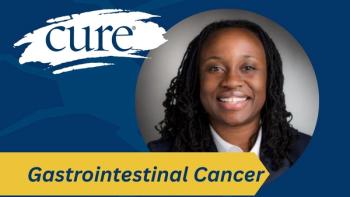
Providing patient-centered education and navigation support significantly increases consent rates for genomic testing, making testing integration feasible.

Dr. Nadine A. Jackson explains how relatively simple interventions may help close gaps in access to genomics-driven trials across gastrointestinal cancers.

Leading oncology experts share emerging research and developments shaping the year ahead, from precision medicine to innovative cancer therapies.
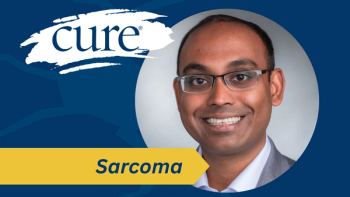
Specialized sarcoma centers enhance coordinated care for young adults, although travel and financial barriers persist, Dr. Vinayak Venkataraman stated.
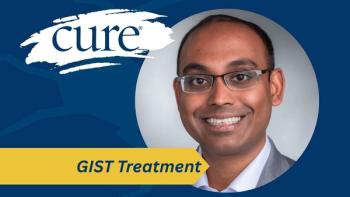
Dr. Vinayak Venkataraman recently sat down with CURE to discuss the evolving treatment landscape for gastrointestinal stromal tumors.
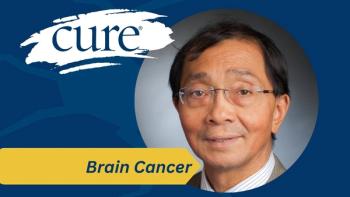
Dr. Patrick Wen discussed with CURE how Modeyso treats diffuse midline glioma, and what unmet needs remain for patients now that the therapy is available.
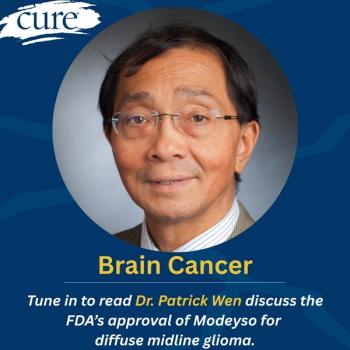
The FDA’s accelerated approval of Modeyso for diffuse midline glioma with an H3 K27M mutation sets the stage for more treatment advancements.
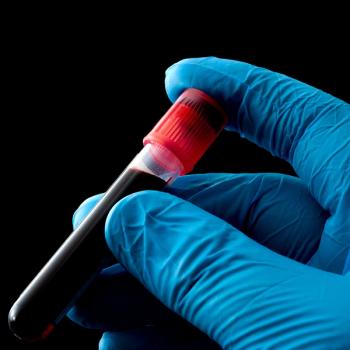
ctDNA-MRD testing better predicted outcomes versus PET/CT scans for large B-cell lymphoma, leading to NCCN guideline updates for remission assessment.
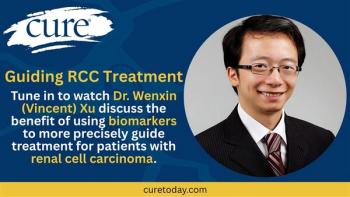
Natural killer cells, also referred to as NK cells, play several major roles in the body's defense against cancers like renal cell carcinoma.
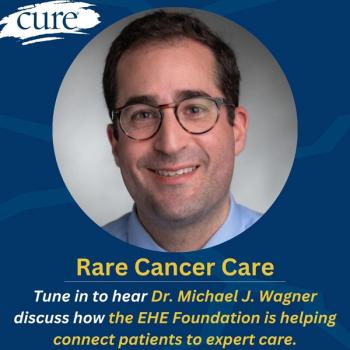
Support and research for epithelioid hemangioendothelioma are growing, with the EHE Foundation helping connect patients to expert care and resources.
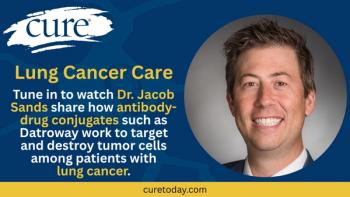
Dr. Jacob A. Sands shares how antibody-drug conjugates, such as Datroway, work to selectively target and destroy tumor cells among those with lung cancer.
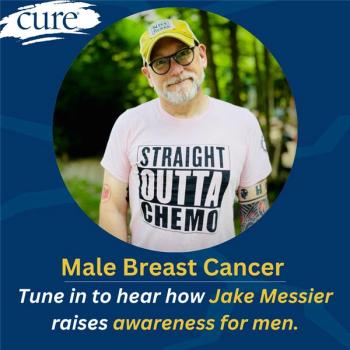
Jake Messier uses TikTok to raise awareness about male breast cancer, advocate for inclusivity and foster community after his stage 4 diagnosis.
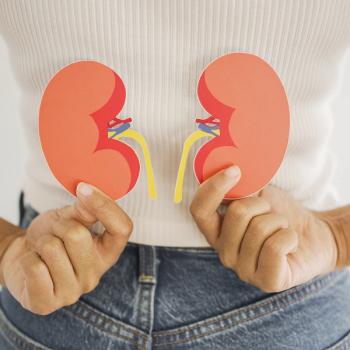
Adding casdatifan to Cabometyx therapy showed encouraging activity and was generally well tolerated in previously treated clear cell renal cell carcinoma.
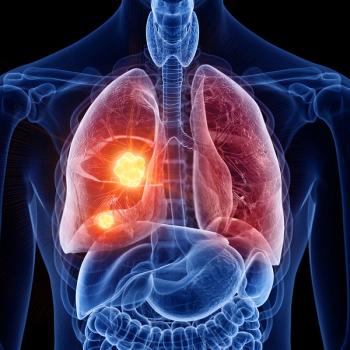
The FDA granted fast track status to DB-1310, a HER3-targeting antibody-drug conjugate, for advanced nonsquamous non-small cell lung cancer.
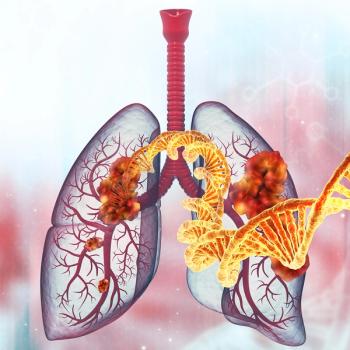
Tagrisso with chemo significantly improved survival and progression-free outcomes versus Tagrisso alone in newly diagnosed advanced EGFR-mutated lung cancer.
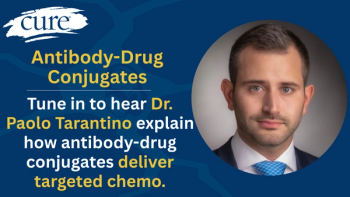
Dr. Paolo Tarantino shares how antibody-drug conjugates deliver more targeted chemo, and how the treatment lasts longer in the body vs traditional therapy.
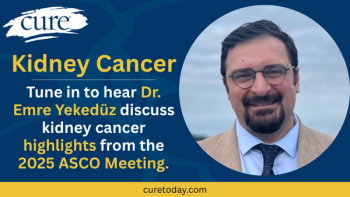
Dr. Emre Yekedüz discusses how ASCO 2025 highlights precision medicine, biomarkers and the gut microbiome as keys to advancing kidney cancer care.
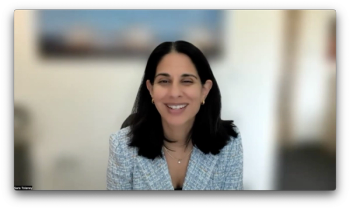
Enhertu with Perjeta nearly doubled progression-free survival versus standard treatment in metastatic HER2-positive breast cancer, study shows.
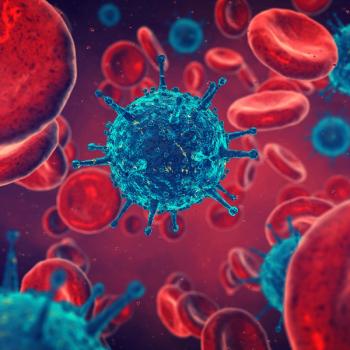
The antibody-drug conjugate zilovertamab vedotin plus Rituxan and chemotherapy showed an objective response rate of 56.3% in relapsed/refractory DLBCL.
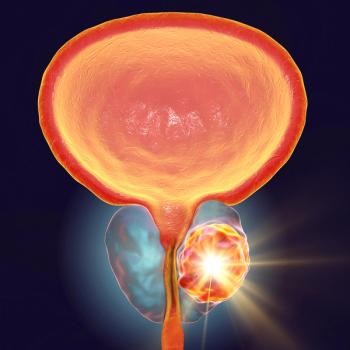
Dr. Alicia Morgans discussed complications associated with ADT in prostate cancer, and how men can still maintain quality of life regardless.
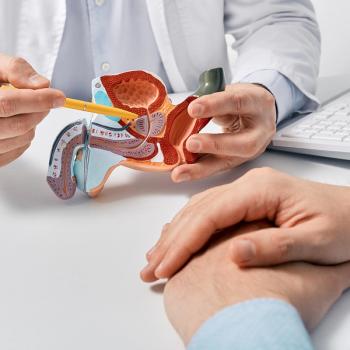
Nubeqa and ADT treatment led to positive impacts on health-related quality of life vs placebo in metastatic hormone-sensitive prostate cancer.
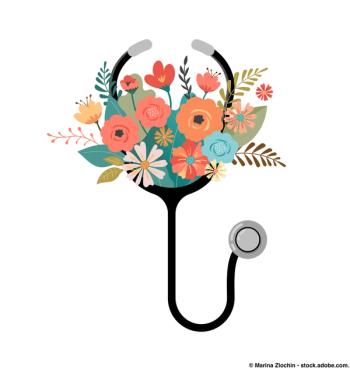
Trodelvy plus Keytruda, when given in the frontline, extended survival without progression versus chemo plus Keytruda in PD-L1+ metastatic TNBC.
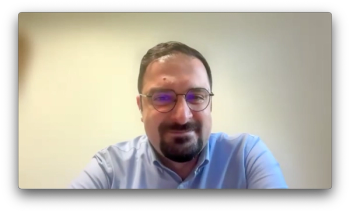
A variant in the IL-7 gene may predict which patients with kidney cancer are more likely to experience side effects from immunotherapy.
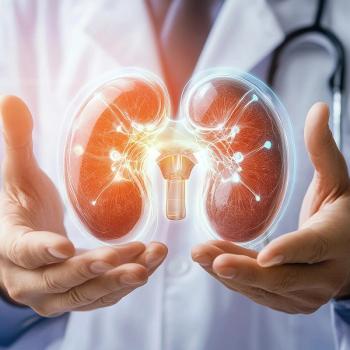
Living with stage 4 kidney cancer has taught me to embrace the present, cherish connection and find gratitude each day in unexpected places.

The first patient was dosed in the SKYBRIDGE study assessing peluntamig with Tecentriq for advanced small cell lung cancer and neuroendocrine carcinomas.

An AI model using serial brain scans predicted glioma recurrence in children with up to 89% accuracy, outperforming single-image methods.
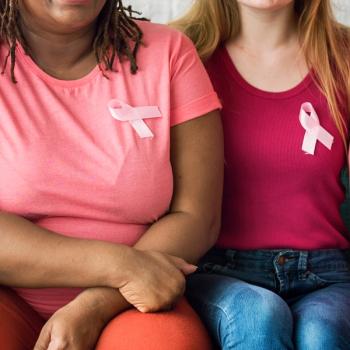
In some patients with advanced triple-negative breast cancer, Trodelvy plus Keytruda was associated with an improvement in disease progression.
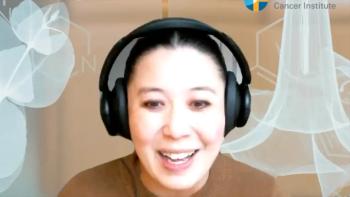
Dr. Elizabeth K. Lee discusses the RAINFOL-01 clinical trial evaluating treatment with Rina-S in advanced ovarian cancer.